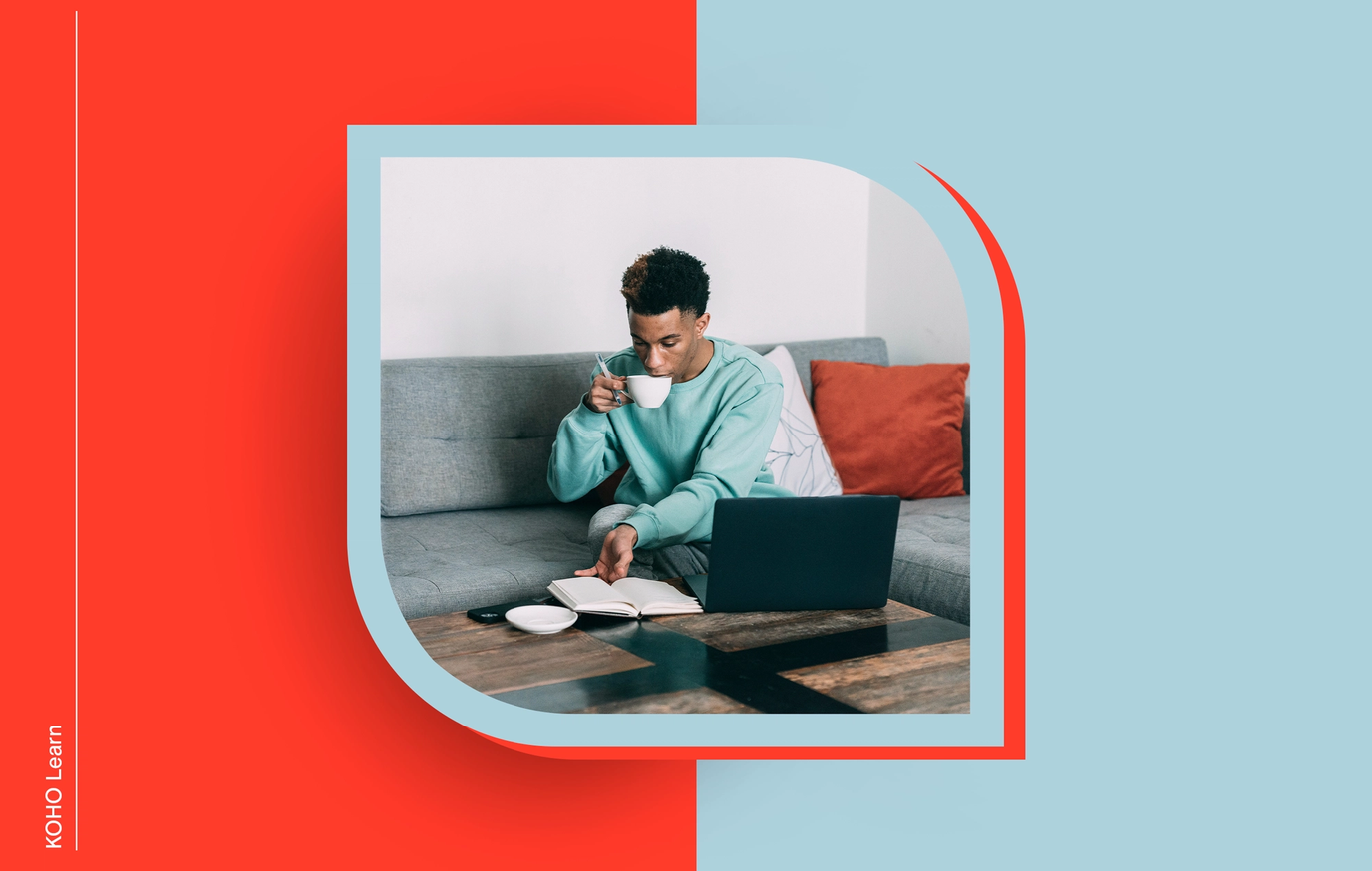
Rounding it up
Canada is more affordable than the US, but the US has a higher median income.
Comparing the cost of living in both countries is tricky because living costs vary dramatically within each city.
It's important to consider the hidden costs and savings of public goods and services when comparing living costs
Comparing two cities or towns in the US and Canada is better if you want a more accurate cost of living comparison.
If you're reading this, chances are you're among the many people searching for information on the cost of living in Canada vs. the US. Perhaps you're considering a move or curious about the differences in expenses between these two neighbouring countries. Whatever the reason, clarifying the audience's search intent from the start is important.
In this article, we'll dive deep into the details of the cost of living in Canada and the United States, comparing key factors such as housing, transportation, food, and healthcare. We'll also touch on average salaries and other important considerations to help you make an informed decision if you're thinking about relocating.
So, let's get started and explore is Canada cheaper than us:
Is Canada More Expensive Than the US?
Comparing the cost of living in usa vs Canada is no easy feat. This task becomes even more complicated when we compare two large countries like, the US and Canada, each with huge costs of living disparities within their borders.
Luckily, the hard work has been done for you. After digging through the numbers, we’ve put together a short comparison of the cost of living in us vs canada.
Before we get to that, note that all prices listed are in Canadian dollars. When necessary, conversions from US to Canadian dollars were done using conversion rates from mid-July 2021.
With that in mind, let's consider cost of living canada vs us.
Cost of living in Canada vs US
The Cost of Living in Canada
Canada consistently ranks as one of the most expensive places to live in, though it also has one of the world's highest median incomes. The median income in Canada is approximately $37,800, which is among the top 20 in the world.
However, with high median incomes come high costs of living. Here are some of the average costs of typical Canadian expenses:
Apartment rental (monthly): $1,335
Apartment price per square meter: $5,746
Basic utilities (monthly): $164
Household food costs (annually): $10,311
Private health insurance (annually): $4,000
Car insurance premiums (annually) $1,320
Litre of gas (2021): $1.34
The Cost of Living in the United States
Like Canada, the US also consistently ranks as one of the world’s most expensive places to call home. However, it has an even higher median income of $85,500, and this statistic might be bolstered by the US having more billionaires and millionaires than any other country.
As with the country's northern neighbours, the cost of living in the US isn't exactly cheap. These are some of the average costs of typical American expenses:
Apartment rental (monthly): $1,655
Apartment price per square meter: $4,456
Basic utilities (monthly): $205
Household food costs (annually): $9,958
Private health insurance (annually): $7,392
Car insurance (annually): $2,972
Litre of gas (2021): $1.01
So, is Canada More Expensive than US
After looking at the data, the US has a clear edge in the race to be crowned the more expensive country to live in. But before we settle this debate and call the US the "winner," it's important to take a more nuanced approach to these numbers.
1. Regional cost of living disparities
The average annual and monthly living expenses of the typical American are generally much larger than those of the average Canadian. However, remember that these are all averages across the US and Canada.
So these numbers account for everything from city dwellings in Montreal and Los Angeles to the cost of living in a more rural community like Brandon, Manitoba, or Utqiagvik, Alaska. It also includes living costs in relatively affordable small cities in the Midwestern US, such as Minneapolis, or small cities in Canada, such as Winnipeg.
In fact, within the biggest cities in each country, the cost of living disparity between the US and Canada becomes even larger. For example, the cost of consumer goods and groceries is up to 37% higher in New York City than in Vancouver, and rent prices are also upward of 81% higher in New York than in Vancouver.
2. Cost of renting vs. Owning a home
At the same time, many cost-of-living comparisons focus mostly on the cost of renting an apartment or home in a given place, so they’re not as accurate if you’re a homeowner. Given Canada's red-hot real estate market, this can cause a big skew in the data.
When we compare Vancouver and New York City yet again—but this time for real estate prices—we find an interesting twist in the numbers.
While the average Greater Vancouver home price was $1.83 million in early 2021, the median sale price in New York City was $921,000 around the same period. The cost of living in the US might be lower if you're a homeowner than in some of Canada's hottest real estate markets.
Of course, this oversimplifies the cost of owning a home in either country. Homeowners in the US and Canada are usually on the hook for things like property taxes, homeowners' insurance, and the like, so there are other expenses to consider, too. Plus, mortgage rates in Canada and the US vary widely, affecting your bottom line.
3. Taxes, taxes, taxes
If there's one thing we all probably sigh too, it's paying taxes. But no cost of living comparison would be complete without investigating the different tax rates in Canada and the US.
In Canada, federal income tax rates for 2021 start at 15% and top out at 33%. Meanwhile, US federal income tax rates start at 10% and increase to 37% for high-income earners.
Unfortunately, these simplified tax brackets don't tell the whole story. Looking at the federal tax brackets, the lowest-income Americans effectively pay less tax than their Canadian counterparts.
At the same time, middle-class Canadians get a tax cut compared to middle-class Americans. Additionally, the highest-income Canadians technically pay less tax than their southerly neighbors.
Of course, this assumes that everyone's tax rate is the same as what they pay. But when you factor in tax deductions and credits, these tax rates vary widely—to say nothing of what happens when we throw provincial, territorial, state, and local taxes into the mix.
As you can see, comparing tax rates between the US and Canada is a messy business, but it's an integral part of assessing the cost of living in both countries. If you fall into one of the lower tax brackets, you may pay more to the government each year if you live in Canada. Nevertheless, higher-income earners technically have more tax liability in the US.
4. Public goods & services
Finally, whenever you compare the cost of living between two countries, you must look at the hidden costs—and savings—of life in each place.
Hidden costs and potential savings usually stem from public goods and services that most people don't consider when considering their monthly budget. These goods and services may cause an increase in taxes, but they often correlate with fewer out-of-pocket expenses.
Several key public goods and services disparities are worth considering when comparing the US and Canada.
Things like universal basic healthcare and lower higher education costs reduce many out-of-pocket expenses for Canadians. While many Canadians opt for additional private health insurance to approximately $4,000 in premiums annually, Americans shell out an average of $7,392.
These services often mean an increase in taxes (which is the case for some Canadians), but it's one of the reasons it's cheaper to live in Canada, on average, than living in the US.
Average Salary and Comparision: Is it Cheaper to Live in Canada
The average income in Canada is slightly higher than in the US, but the cost of living in Canada is generally higher. According to data from Statistics Canada, the average total income per capita in Canada in 2020 was CAD 57,000, while in the US, it was USD 49,000. However, this varies greatly depending on the industry and profession. For example, healthcare professionals earn more in the US, while technology professionals earn more in Canada.
As for the cost of goods and services, there are some notable differences between the two countries. Healthcare costs are generally higher in the US, while housing costs are higher in Canada. In terms of consumer goods, electronics tend to be more expensive in Canada due to higher import costs. At the same time, clothing is often cheaper in the US due to a wider variety of retailers and lower taxes.
Overall, the salary and price comparison between Canada and the US is complex and varies depending on several factors. It's important for individuals to carefully evaluate their circumstances and priorities when deciding which country may be a better fit for them.
Pros and Cons of Living in USA vs Canada
When choosing between living in Canada or the US, there are several factors to consider. Both countries offer unique benefits and challenges, so evaluating your circumstances is important to make the best decision.
In terms of the advantages of living in Canada, one major benefit is the country's excellent healthcare system, which is publicly funded and accessible to all residents. Additionally, Canada is known for its high quality of life, low crime rates, and friendly communities. On the other hand, the cost of living in Canada can be higher than in some parts of the US, particularly regarding housing and taxes.
On the other hand, the US is known for its strong economy and diverse job market, which can provide greater opportunities for professional growth and higher salaries. The country also has a wealth of cultural and entertainment options, from Broadway shows in New York City to the beaches of California. However, the US healthcare cost can be prohibitively expensive for many people, and the country's crime rates can also be higher in some areas.
Ultimately, deciding to live in Canada or the US depends on your priorities and circumstances. It's important to weigh the pros and cons carefully before deciding.
The Verdict : is it Better to Live in Canada or the US
It's cheaper, on average, to live in Canada than it is to live in the US.
If you can wrap your head around the currency and unit conversions that go into comparing the cost of living between the two countries, most things, from rental costs to car insurance, are cheaper in Canada.
Of course, some things like food, gas, real estate prices, and taxes are more expensive in Canada. Some parts of Canada are more expensive to live in than some parts of the US. Plus, the median salary is higher in the US, so you may have more buying power to the South of the border, even if daily purchases are more expensive.
But when we take a birds-eye view of the costs of living in both countries, Canada is the more affordable choice.
Note: KOHO product information and features may have been updated since this blog post was published. Please refer to our Plans page for our most up-to-date account information!

About the author
Dan is a runner and writer living in the Washington, D.C. area, where he currently works for a financial services trade association as the Communications Director.
Read more about this author